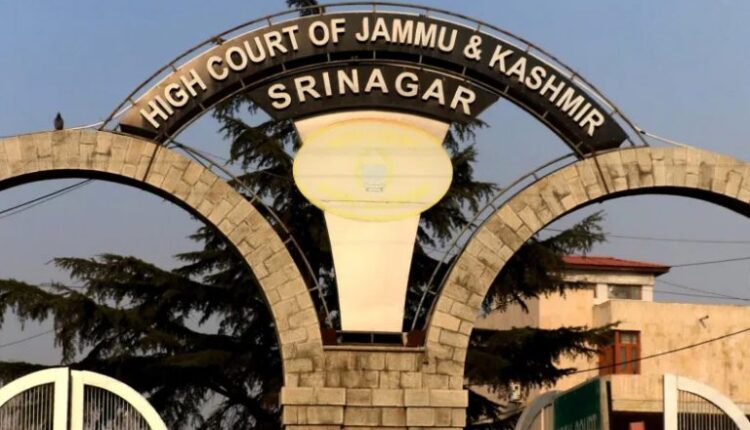Jammu & Kashmir and Ladakh High Court allows revision petition of J&K Police in 2003 Nadimarg massacre case
J&K High Court allows revision petition of J&K Police in 2003 Nadimarg massacre case
SRINAGAR: The Jammu & Kashmir and Ladakh High Court on Saturday allowed a revision petition of J&K Police in the 2003 Nadimarg massacre case – the verdict means the trial which had abruptly halted more than a decade back can now resume.
Justice Vinod Chatterji Koul in the judgment pronounced today afternoon ordered the trial court to take all necessary measures for ensuring examination of witnesses by “issuing commission and/or recording” their statements through videoconferencing.
The trial court shall ensure expeditious proceedings so as to conclude the matter at the earliest, said Justice Koul.
A total of 24 Kashmiri Pandits were killed in a remote village in south Kashmir’s Shopian district in 2003. The main accused Zia Mustafa, a Lashkar-e-Toiba Commander, was killed by armed forces in October last year. Seven persons including cops facing charges of dereliction of duty are accused in the case.
On August 24, the High Court had restored the revision petition of the State which had been dismissed in December 2011 for non-prosecution. The Supreme Court earlier, in 2015, had asked the high court to consider recalling the 2011 order.
The revision petition had challenged an order passed by Principal Sessions Judge, Shopian in February 2011 on prosecution’s application “seeking permission to examine material prosecution witnesses on commission”. The prosecution had then argued that the witnesses had migrated out of Kashmir valley and they were reluctant to depose before the trial court at Shopian in view of the threat perception. The trial court had dismissed the application.
Justice Koul on Saturday said the trial court had dismissed the application of prosecution for examining the witnesses on commission on “the irrelevant consideration” while overlooking the material and relevant aspects of the case.
“The said application of the prosecution for recording statement of witnesses on commission deserved to be allowed,” said the bench, while setting aside the order dated 09.02.2011 of the trial court.
The court found merit in the State’s argument that trial court failed to appreciate the difficulty of the prosecution in procuring the presence of the witnesses and “that endeavour of the court below in a case of heinous nature like one on hand should be to examine all the witnesses on commission so as to unveil the truth”. (Agencies)

